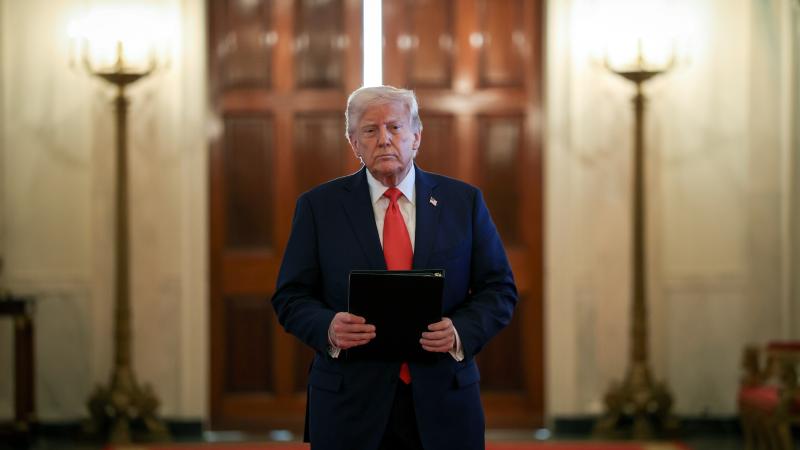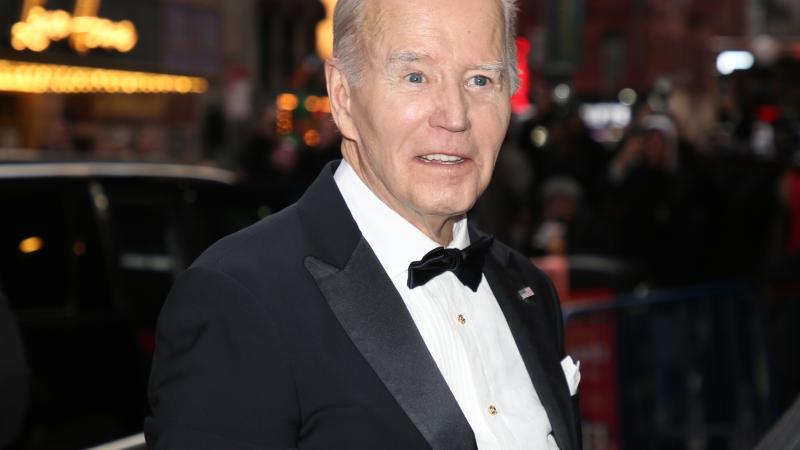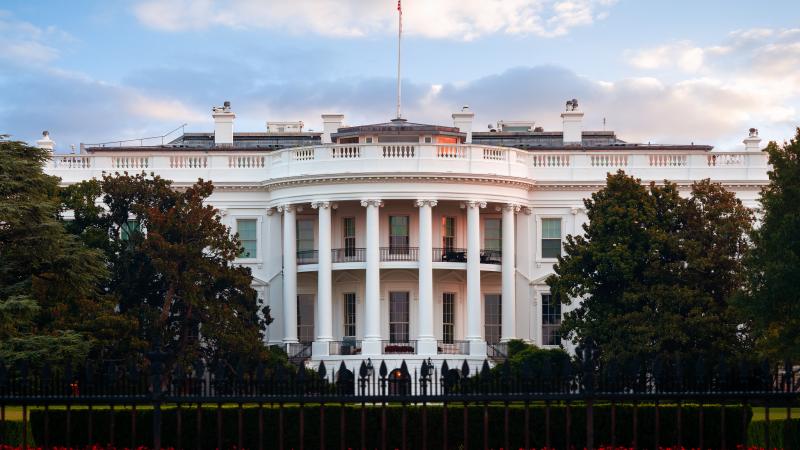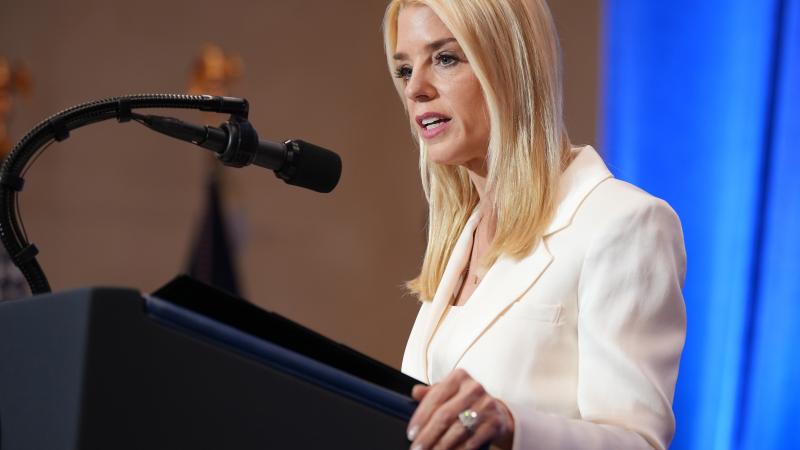Global minimum tax sparks controversy as G7 kicks off
The G7 nations indicated they would publicly endorse a new global minimum tax rate of 15% to prevent corporations from moving their base of operations to tax-friendly countries.
President Joe Biden met with other world leaders at the Global G7 Summit Friday, but one new tax policy proposal is rallying advocates in opposition.
The G7 nations indicated they would publicly endorse a new global minimum tax rate of 15%. The new standardized rate is an effort to prevent corporations from moving their base of operations to tax-friendly countries.
Critics argue the plan will pass on costs to consumers and sets a dangerous precedent for allowing international forces to dictate American tax policy.
“The G7 Finance Ministers have made a significant, unprecedented commitment today that provides tremendous momentum towards achieving a robust global minimum tax at a rate of at least 15%,” said Treasury Secretary Janet Yellen.
The current corporate tax rate in the U.S. is 21%, but Biden and other Democrats are working to raise it to 28% to help fund the administration's several trillion dollars in proposed new spending.
Biden touted the international effort as “unprecedented.”
“This unprecedented progress reflects the Biden Administration’s commitment to building a global tax system that is equitable and equipped to meet the needs of the 21st century global economy,” the White House said in a statement. “By making big multinational corporations pay their fair share and raising resources to fund priorities for domestic renewal – such as infrastructure, childcare, affordable housing, and education – a global corporate minimum tax is a key part of our efforts to deliver a foreign policy for the middle class, and will help support working families everywhere. This agreement is a clear illustration of how American leadership and commitment to multilateralism can produce results for American workers and businesses.”
Biden will need Republican support to pass the international treaty through the Senate, and so far that does not look promising. Multiple Republican Senators and groups on the right have indicated their opposition to the plan.
Americans for Tax Reform and the World Taxpayers Association have rallied opposition, along with other groups. The two groups have drafted a public letter and are warning the tax agreements could expand later this year.
“This agreement would significantly damage the valuable tax competition among countries and would cause undue harm to businesses, workers, and economies around the world,” the letter reads. “A global minimum tax would greatly curtail the force of tax competition. This competition between nations offers a critical check on the power of governments and it is vital for ensuring efficient and reasonable levels of taxation.”
The plan has taken criticism as some nations seek to get exemptions, potentially undermining the entire agreement.
Yellen, meanwhile, has argued the tax will stop the “race-to-the-bottom” for taxes that incentivizes nations to lower taxes to attract more business.
“That global minimum tax would end the race-to-the-bottom in corporate taxation, and ensure fairness for the middle class and working people in the U.S. and around the world,” Yellen said. “The global minimum tax would also help the global economy thrive, by leveling the playing field for businesses and encouraging countries to compete on positive bases, such as educating and training our work forces and investing in research and development and infrastructure.”















